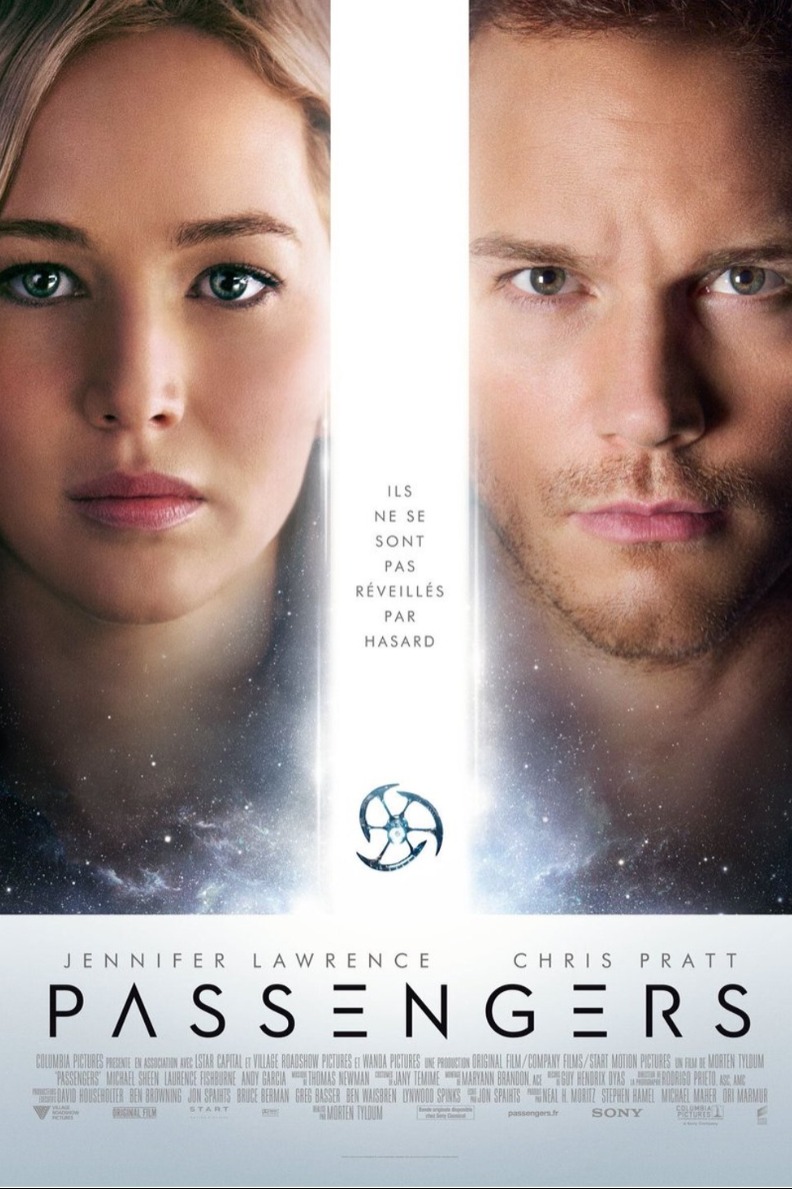Morten Tyldum
Biography
Morten Tyldum, born May 19, 1967, in Oslo, Norway, is a renowned Norwegian film director and producer whose work has garnered international recognition. With a background in directing both television and film, Tyldum has established himself as one of the most prominent figures in Scandinavian cinema. His career spans several decades, marked by a distinct approach to storytelling that blends personal emotion with universal themes.
Tyldum studied at the Norwegian Film School, honing his craft and eventually making his feature film debut in 1999. Over the years, his work has evolved, earning him accolades from various international film festivals and the wider film industry.
Career:
Tyldum's early career was rooted in television, where he directed several critically acclaimed series. However, his breakthrough came with his feature film work. His 2011 film Headhunters (original title Hodejegerne) was an instant sensation. Based on Jo Nesbø's bestselling novel, Headhunters is a fast-paced psychological thriller that blends dark humor, tension, and a twisty narrative. The film’s success catapulted Tyldum to international fame, earning several awards and nominations, including a nomination for the prestigious BAFTA for Best Film Not in the English Language.
Tyldum's most significant career achievement came in 2014 when he directed The Imitation Game, a historical drama about the life of British mathematician and computer scientist Alan Turing. The film starred Benedict Cumberbatch as Turing and was based on the biography by Andrew Hodges. The Imitation Game received widespread acclaim, with Tyldum being nominated for Best Director at the Academy Awards. The film also won several awards, including the Academy Award for Best Adapted Screenplay and nominations for Best Picture.
Following the success of The Imitation Game, Tyldum continued to work in both the mainstream and independent film industries. His later projects included Passengers (2016), a science fiction romance starring Jennifer Lawrence and Chris Pratt, and Scythe (2021), an adaptation of the dystopian novel by Neal Shusterman.
Tyldum’s versatility as a director is evident in the wide range of genres he has tackled, from thrillers to historical dramas to sci-fi. His ability to maintain a personal touch while navigating large-scale productions has set him apart in the world of filmmaking.
Style and Influence:
Morten Tyldum’s filmmaking style is marked by his meticulous attention to detail, an ability to evoke deep emotion, and a penchant for suspense. His works often explore themes of human complexity, identity, and societal pressure, framed through intense character studies. Tyldum is known for his skillful use of pacing and narrative structure, allowing his stories to unfold in surprising and compelling ways.
In terms of influences, Tyldum has been drawn to both European and American filmmakers, particularly those who specialize in psychological thrillers and character-driven stories. His films often have a universal appeal, making them relatable to a global audience, despite their Scandinavian roots.


